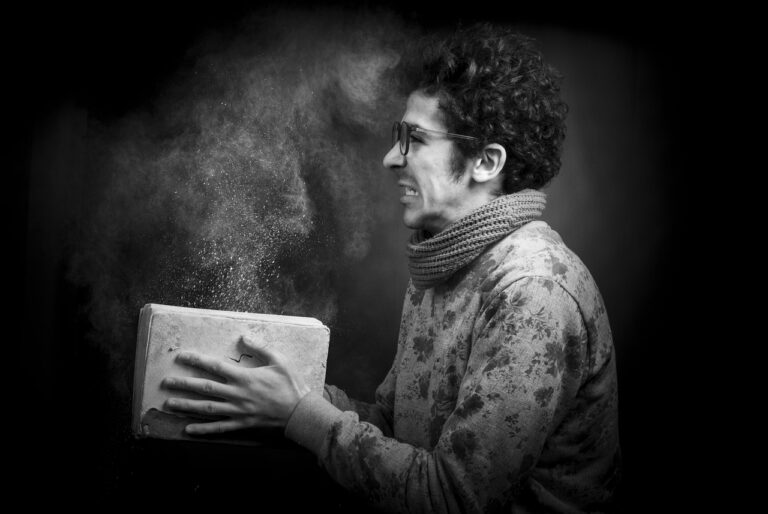Teaching Cultural History and Heritage in Schools
Teaching cultural education in schools plays a crucial role in fostering inclusivity and understanding among students. By exposing young minds to the diversity of global cultures, schools can help cultivate a sense of empathy and respect for others. This type of education also allows students to appreciate the richness of different traditions, languages, and belief systems, ultimately leading to a more harmonious and interconnected society.
Furthermore, incorporating cultural education into the school curriculum can help students develop a broader perspective on the world around them. Through learning about various cultural practices, histories, and perspectives, students are better equipped to navigate an increasingly interconnected and multicultural world. By embracing cultural education, schools can empower students to become informed global citizens who value and celebrate the differences that make our world uniquely diverse.
Understanding the Impact of Cultural History on Society
Cultural history plays a crucial role in shaping society’s values, beliefs, and behaviors. By understanding the historical context of different cultures, individuals can gain a deeper appreciation for the diversity that exists within society. This knowledge enables people to develop empathy and respect for others’ traditions and customs, fostering a more inclusive and harmonious community.
Moreover, an awareness of cultural history can help address social issues and promote equality. By studying the struggles and triumphs of various cultures throughout history, individuals can recognize the pervasive impact of discrimination and prejudice. This understanding empowers individuals to challenge societal norms that perpetuate injustice and advocate for a more equitable and just society.
• Cultural history shapes society’s values, beliefs, and behaviors
• Understanding historical context leads to appreciation of diversity
• Develops empathy and respect for others’ traditions and customs
• Promotes inclusivity and harmony within the community
Furthermore, cultural history serves as a valuable tool in addressing social issues. By examining past events and experiences of different cultures, individuals can identify patterns of discrimination and inequality that persist in society today. This knowledge allows for informed discussions on how to dismantle systemic barriers and create a more just and equitable world.
Additionally, an understanding of cultural history can help bridge divides between communities. By learning about the shared experiences and struggles of diverse cultures, individuals can find common ground and build connections based on mutual understanding and respect. This fosters unity among people from different backgrounds while celebrating the unique contributions each culture brings to society.
• Cultural history aids in addressing social issues such as discrimination
• Helps in dismantling systemic barriers for a more equitable society
• Builds bridges between communities through shared experiences
• Fosters unity while celebrating diversity
Incorporating Heritage Studies into the Curriculum
Heritage studies play a crucial role in providing students with a deeper understanding of their cultural identity and history. By incorporating heritage studies into the curriculum, schools can promote a sense of pride and connection to one’s roots. This can help students develop a more inclusive worldview and appreciate the diversity of cultures present in society.
Furthermore, studying heritage can also foster empathy and understanding among students. Learning about the struggles, achievements, and traditions of different cultures can help break down stereotypes and promote tolerance. By including heritage studies in the curriculum, schools can create a more inclusive and respectful learning environment where students from all backgrounds feel valued and celebrated.
Why is it important to incorporate heritage studies into the curriculum?
Incorporating heritage studies into the curriculum helps students develop a better understanding of their own cultural identity and heritage, as well as promoting respect and understanding of diverse cultures.
How can cultural education in schools benefit society?
Cultural education in schools can help foster social cohesion, reduce prejudice and discrimination, and promote a sense of belonging and understanding among individuals from different cultural backgrounds.
What are some effective ways to incorporate heritage studies into the curriculum?
Some effective ways to incorporate heritage studies into the curriculum include integrating cultural content into existing subjects, organizing cultural events and activities, and inviting guest speakers from different cultural backgrounds to share their experiences.
How can teachers support students in exploring their cultural heritage?
Teachers can support students in exploring their cultural heritage by creating a safe and inclusive learning environment, encouraging students to share their cultural traditions and experiences, and incorporating diverse perspectives into classroom discussions and activities.







